A one-day workshop
Fraud should not happen, but it does. It can happen at the highest to lowest levels in an organisation. Recent surveys show that incidents of fraud are not decreasing. Fraud costs companies money and, perhaps even more importantly, reputational damage.
The losers are not just the shareholders, suppliers, customers, etc, but society as a whole.
This programme shows why frauds happen, how organisations put themselves at risk and what they can do to prevent it.
- The motives for committing fraud
- Directors’ responsibilities for identifying and reporting fraud
- What types of frauds there are
- How frauds are perpetrated
- How they can be prevented
- How regulators deal with fraud
Expert trainer
Ralph is, unusually, dual-qualified as both an engineer and a chartered accountant. Having worked initially as an engineer, he qualified as an accountant and was a manager in one of the big international accountancy firms before setting up his own audit and consultancy practice. His clients include many international businesses from the banking, power, telecom, oil, manufacturing, engineering, construction and retail sectors.
Session outline
1. Motives for committing fraud – drivers of fraud
- Session objective: to understand why people might commit fraud
- Drivers of fraudulent behaviour
- Ambition
- Greed
- Theft
- Conceit?
- And more!
2. Accounting mechanisms that allow fraud
- Session objective: to review the elements of the accounting, internal control and management processes that allow creative accounting
- Income or liability?
- Asset or expense?
- Coding errors and misclassification
- Netting off and grossing up
- Off-balance sheet items
3. Structures that allow fraud
- Session objective: to consider company and trading structures that allow frauds to be perpetrated
- Group structures
- Trading structures
- Tax havens
- Importing and exporting
4. Interpretations and other non-compliance that allow fraud
- Session objective: to look at how creative interpretations of law and accounting practice may permit fraud
- The place of accounting standards
- Accounting policies
- Trading methods
- The place of auditing standards
5. Money laundering
- Session objective: to review what constitutes money laundering
- Types of money laundering
- Identifying laundering
- Preventing laundering
6. Preventing fraud – proper management structures
- Session objective: to review the place of proper corporate governance
- Corporate governance
- Company management structure
- Audit committees
- The place of internal audit
7. Preventing fraud – proper accounting
- Session objective: to review best accounting and auditing practice
- Accounting standards
- Internal accounting policies
- Adequacy of internal controls
- Internal audit
8. Preventing fraud – regulation
- Session objective: to look at how regulators aim to prevent fraud
- The regulatory environment
- Financial services regulation
9. Conclusion
- Course review
- Open forum
- Close









